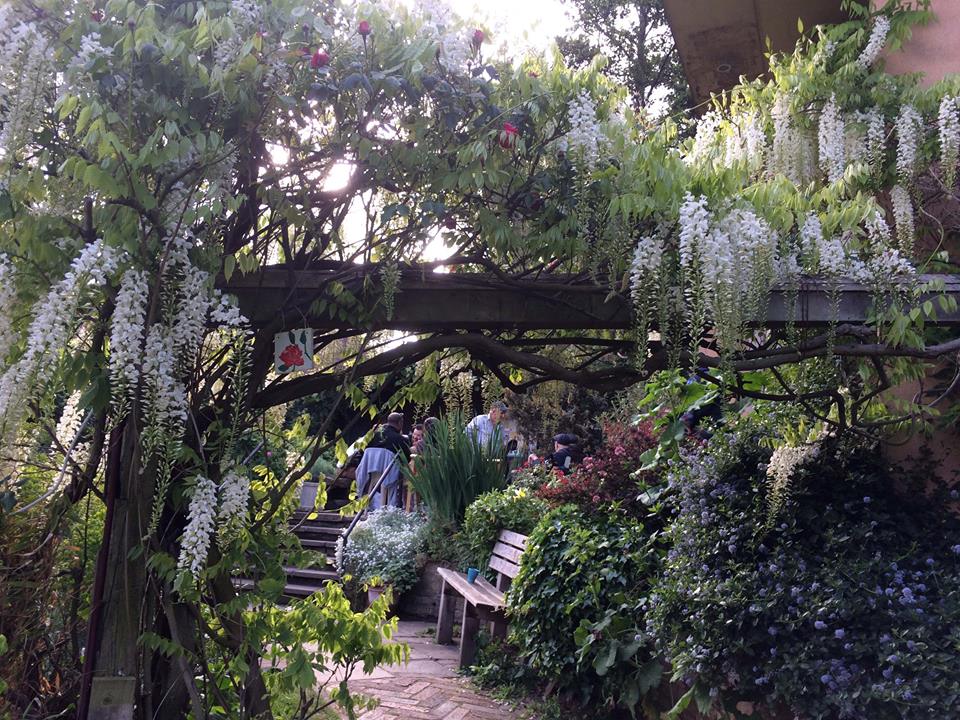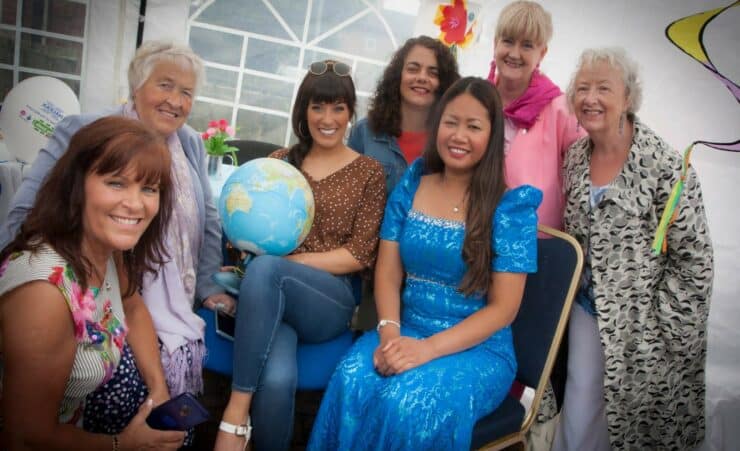
Strong roots with funders make community gardens blossom
How funders can make life easier for charities
Culpeper Community Garden took part in our Duty to Care? research project. We asked them about their recent experience of working with trusts and foundations.
Tell us about Culpeper Community Garden
Culpeper Community Garden is a city park and environmental project in the heart of Islington created for the community, by the community.
We’re one of the oldest community-run open spaces in the UK – set up back in 1982, we offer 46 plots for local people and organisations to socialise, garden, access green space and improve their wellbeing. Our two part-time staff members organise events and training aimed at supporting vulnerable people on anything from gardening and art workshops to building insect hotels.
What has changed about your work over the past five years?
Over the past seven years, we’ve seen a new ‘normal’ funding environment emerge and with it a new set of challenges. Local mental health services have been cut and some of the key people we worked with have been made redundant, which means that there is more demand on our services from vulnerable people who have nowhere else to go. Added to this, both new and long-term funders are asking us to ‘up our game, grow and improve’ our impact and assessment. Other long term funders have decided to stop funding us for the present, no doubt because of increasing demand from other organisations for funding, and not because we are not an excellent project.
However, one grant making trust has been working with us in new and exciting ways, approaching the relationship as a partnership. We have a long-term commitment with the Cripplegate Foundation, who know us well and act as a reference for other funding by bringing groups in to see how a good project operates. At the moment they’ve offered us a two year grant, but the intention is to work alongside us for 10 years as a partner.
Have you changed anything about the way you work – and how you work with trusts and foundations – in response to this?
We’ve put in place some key measures to respond to this change of landscape. We secured a one year staffing grant from the Cloudesley Charity in 2017 to support the increased needs of our beneficiaries and continue to partner with four local organisations who bring vulnerable groups to the garden, like those with learning disabilities or the socially isolated. We are now making more funding applications for specific areas of our work.
Diversifying our income has had to become one of our main priorities, so we’ve reached out to other community organisations, such as the skip garden at Kings Cross, to understand how they generate income. We’re looking into a number of options and starting to think about how we could tap into local assets – like recruiting more local people as friends of Culpeper and forming corporate partnerships with local businesses. We are raising more income from letting our facilities for social events to other organisations. We’re also turning to current and former funders for thoughts and advice.
What could trusts and foundations do differently to make your life easier?
Above all, unrestricted funding would make the most difference to our work. We’re attempting to build fundraising skills with both garden workers and trustees, but this isn’t always easy. Garden workers are often too busy with hands-on delivery, and trustees are passionate but aren’t necessarily skilled in governance or fundraising.
Most importantly, we’ve noticed an increasing pressure to prove that we deserve funding by demonstrating the difference we make, only this is distracting us from making an actual difference. Trusts and foundations are entitled to measure the success of the projects they fund, but this needs to be streamlined and appropriate to avoid wasting valuable time.
We also spend a lot of time and energy drafting endless applications, which could be put to better use elsewhere if relationships with funders were stronger and more transparent. Take Cripplegate for example: they’ve offered us funding through Islington Giving and proactively came to us, so we can be more open about what the challenges are. We feed back to them about issues or needs when they come up, and they can take this into account in their funding.


